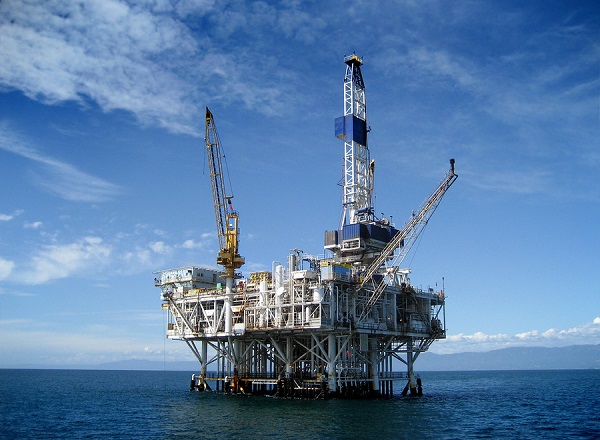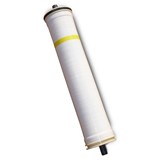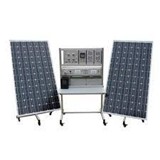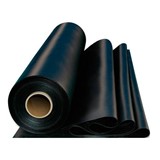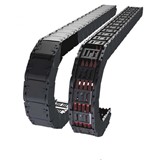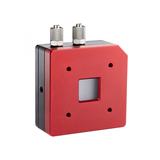Dr Ali Abbas is leading a research team at Sydney that is developing mathematical models to simulate gas separation membranes used in the oil and gas, petrochemical and biofuel industries.
They are working on process designs for applications in future green and sustainable energy processes and in clean technologies such as carbon dioxide separation and capture.
In collaboration with partners at King Abdullah University of Science and Technology (KAUST) in Saudi Arabia and Jilin University in China, the researchers have just received a three-year competitive funding grant of $1.36 million from KAUST to enable the project to go ahead.
Gas separation by membranes has emerged as an alternative to conventional methods such as distillation, absorption and crystallisation, which are often energy and capital intensive.
The development of new technologies has boomed in recent years, driven by stricter environmental regulations and scientific advances. The global membrane technology market was worth more than US$15 billion last year, and is expected to grow to US$25 billion over the next five years.
"By simulating the membranes we can help to develop new materials and optimise the design of the gas separation process," Dr Abbas said.
"Hopefully that will achieve significant economic savings."
The project has received interest from international energy sector, and has applications across a range of other industrial processes including seam gas mining, landfill bioreactors and biogas.
The work is being led by Associate Professor Zhiping Lai, a membrane expert at KAUST.
"The KAUST researchers are experts in membrane materials and provide a perfect partner to achieve our goal of developing innovative membrane systems," Dr Abbas said.
Dr Abbas studied chemical engineering at Sydney, and has worked as an academic at the University since 2007.
He hopes that the project will also lead to an exchange of research staff, master's and PhD students between the three universities.

